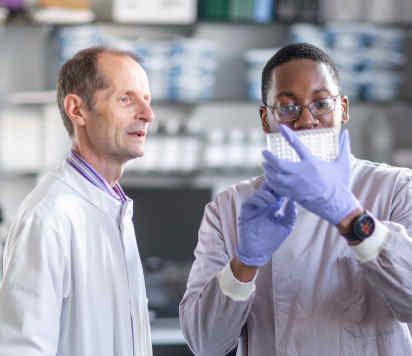
The Dean's Internship Awards are available for Faculty of Medicine PhD students to fund a range of training and development activities, including placements, fieldwork and workshops. Our recent awardees have let us know how they made use of their Dean's Internship Awards. Read the profiles below to explore further, and find out how you can benefit!
Awardee profiles - Dean's Internship Awards
- Rachel Tao - PhD Year 2 Department of Surgery and Cancer
- Leon de Boer - PhD Year 1 Department of Medicine
- Hamdi Issa - PhD Year 2 Department of Surgery and Cancer
- Jay Sze Yong - PhD Year 3 Department of Surgery and Cancer
- Amandip Bisel - PhD Year 3 Department of Medicine
- Yueyang Huang - PhD Year 2 Department of Surgery and Cancer
Rachel Tao - PhD Year 2 Department of Surgery and Cancer
Leon de Boer - PhD Year 1 Department of Medicine
Hamdi Issa - PhD Year 2 Department of Surgery and Cancer
Jay Sze Yong - PhD Year 3 Department of Surgery and Cancer
Amandip Bisel - PhD Year 3 Department of Medicine
Yueyang Huang - PhD Year 2 Department of Surgery and Cancer
Why Imperial?
We're ranked among the top ten best universities in the world in the QS World University Rankings 2024, making an Imperial degree highly valued by employers across the globe.
More reasons to study at Imperial


.png)